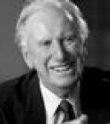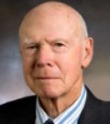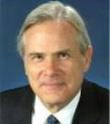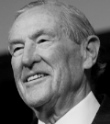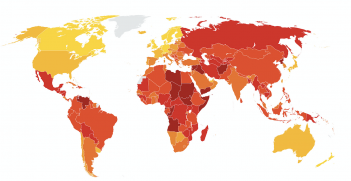|
On Dr Fullilove’s three key observations:
The truth is most Australians underestimate our country’s weight class. We don’t punch above our weight; we punch at our weight’.
On the latter point, agreed – and perhaps we should keep it that way (see below: ‘military’).
‘Now more than ever, we need a first-rate foreign service and a more capable military’.
Australia already possesses a first-rate foreign service cadre. That service however needs the resources to do its job properly. As numerous studies – including the excellent work pioneered by the Lowy Institute and mentioned in the speech – have shown, in utterly convincing detail, those resources have to be restored to former levels if the best is to be expected from the service. Here the speech makes precisely the right point.
Australia’s military is sufficiently capable for its role. Its use in recent times as a foreign policy instrument – as distinct from as a defender of Australia’s sovereignty and essential interests – has led to uneven results, but that has been for reasons that have little to do with the military as such. A more capable military – in the sense of one possessed of greater ‘throw weight’, weapons systems of enhanced range and lethality, etc – would be a doubtful asset since it might well then be even better suited for distant foreign policy adventures (see below: ‘Northeast Asia’). In short, a more nuanced understanding of capability is required.
Australia needs a larger Australian foreign policy – one that is both ‘ambitious and coherent’.
The idea of an ‘ambitious’ foreign policy seems to be a Lowy perennial. The particular objects of the ambition discussed in Dr Fullilove’s text are however surprisingly limited and thus his remarks wear something of an old-fashioned habit. Australia could certainly do very much better in pursuing important national interests, notably working to address food, energy and disease security and to mitigate global climate change. There is nothing about these issues in the speech. For a quick guide to the latter issue, a past Lowy publication, Heating up the Planet, is to be recommended. As has already been the case at the United Nations, Australia should consistently speak for the disempowered, most of whom are women, especially in the least developed nations of the world. Women do not rate a specific mention in the speech; neither does global development.
On Indonesia, however, the speech does make some essential points about coherence, though the absence of any critical note amounts to a lost opportunity. Australia must indeed pay the very greatest attention to relations with Indonesia which should be managed at the highest level and with constant attention to the larger issues. Accordingly, a recent ministerial remark to the effect that Indonesian policy ‘had neither rhyme nor reason,’ while appealing to some domestic constituencies should have been a cause for a public and severe prime ministerial rebuke.
While the speech makes positive reference to the ‘Indo-Pacific’ strategic conception, India surprisingly rates as much attention in the text as Vietnam. Beyond Indonesia, the next relationship that requires much greater focus – though the rewards will no doubt be meagre for some time – is that with India.
The speech also includes some cautious remarks on China. Caution is certainly required. The idea that Australia should be more ‘ambitious’ in its relations with Northeast Asia however is to be rejected. Australia is neither large nor important enough to be a credible player in relation to China, Japan or Korea, absent the connection with Washington. That connection, however, makes it impossible to assume the role of a disinterested party. With more than a millennium of shared history, the complex relations between these nations have to be managed by the nations concerned.
|







